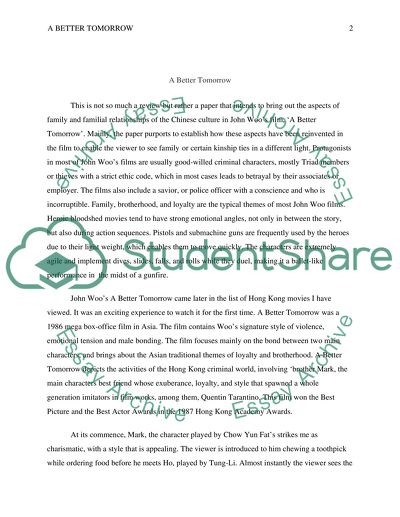Cite this document
(“Final paper Essay Example | Topics and Well Written Essays - 1250 words - 6”, n.d.)
Final paper Essay Example | Topics and Well Written Essays - 1250 words - 6. Retrieved from https://studentshare.org/visual-arts-film-studies/1649117-final-paper
Final paper Essay Example | Topics and Well Written Essays - 1250 words - 6. Retrieved from https://studentshare.org/visual-arts-film-studies/1649117-final-paper
(Final Paper Essay Example | Topics and Well Written Essays - 1250 Words - 6)
Final Paper Essay Example | Topics and Well Written Essays - 1250 Words - 6. https://studentshare.org/visual-arts-film-studies/1649117-final-paper.
Final Paper Essay Example | Topics and Well Written Essays - 1250 Words - 6. https://studentshare.org/visual-arts-film-studies/1649117-final-paper.
“Final Paper Essay Example | Topics and Well Written Essays - 1250 Words - 6”, n.d. https://studentshare.org/visual-arts-film-studies/1649117-final-paper.


